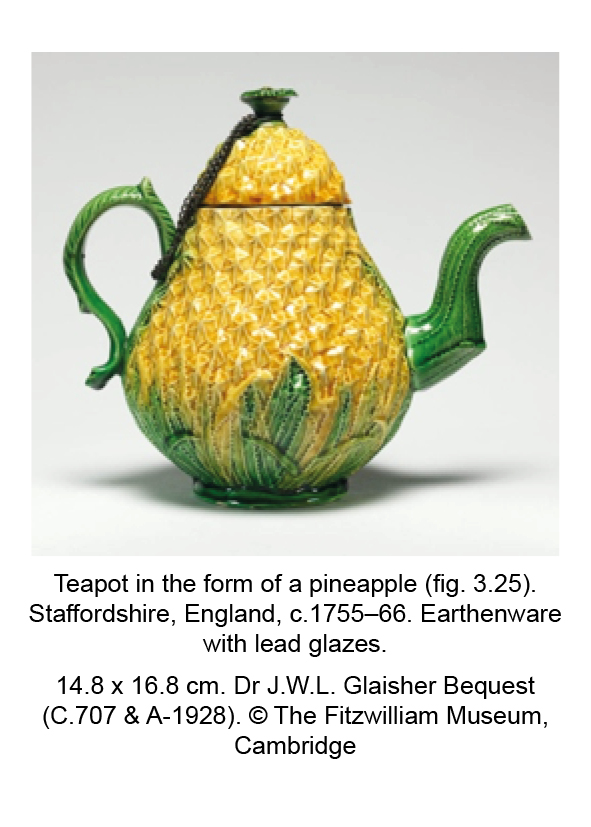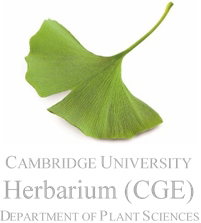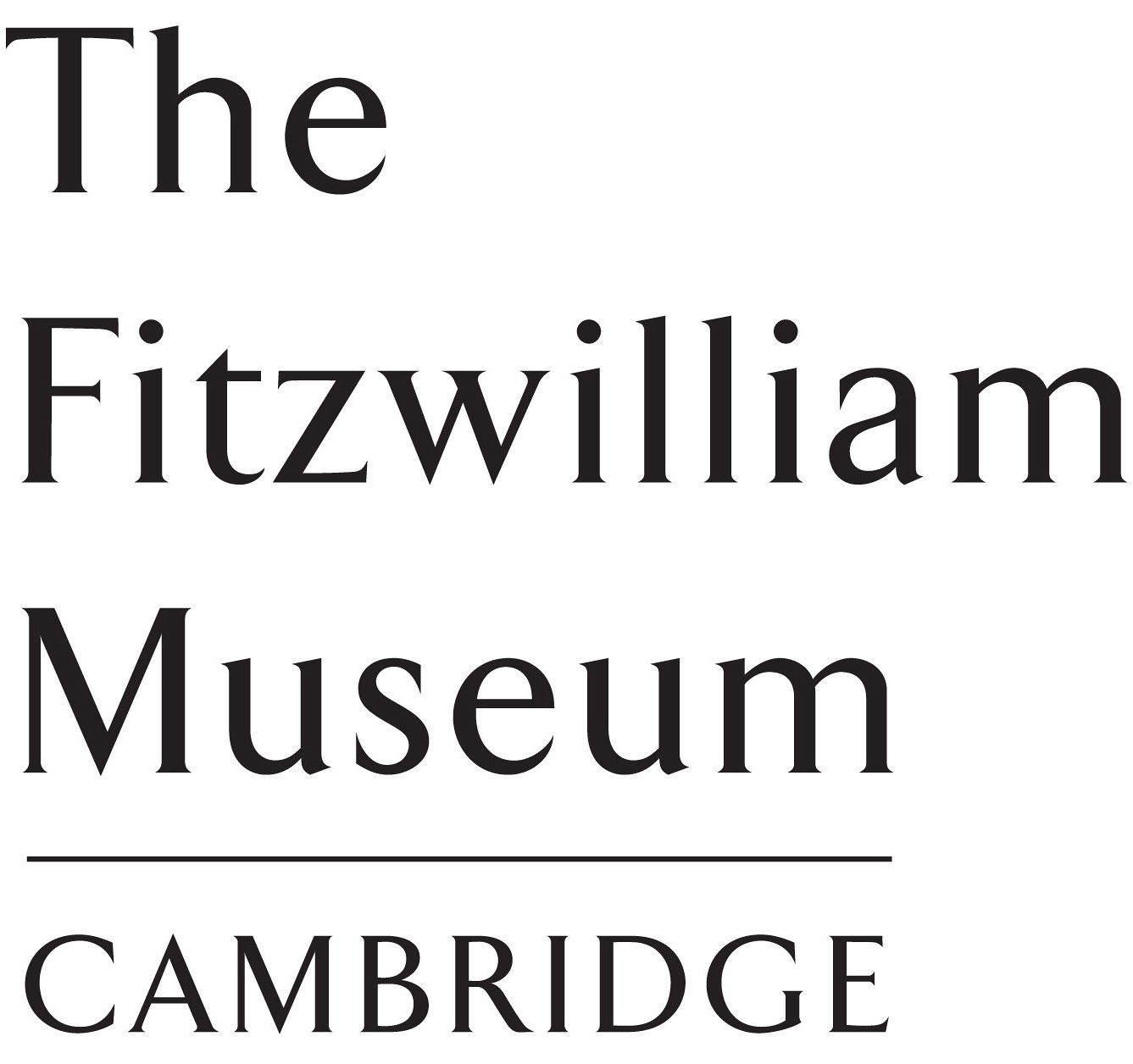| 20 Feb 2020 - 21 Feb 2020 | All day | The Sainsbury Laboratory Auditorium (Cambridge University Botanic Garden); The Bateman Auditorium (Gonville and Caius College) | |
- Description
- Programme
- Conference Summary
Description
Convenors
- Victoria Avery (University of Cambridge)
- Melissa Calaresu (University of Cambridge)
- Lauren M. Gardiner (University of Cambridge)
Summary
The pineapple is an emblem of power, promise and politics and continues to attract interest from plant scientists, historians, and artists. Its ‘discovery’ by European colonisers in the late fifteenth century and its trajectory around the world, from an object of luxury and horticultural innovation in the early modern period to an everyday food in a can and a logo of fair-trade movements today, is a story through which we can understand modern globalisation.
This interdisciplinary conference brings together academics from the arts, humanities, social sciences and sciences as well as museum professionals and artist-practitioners to investigate the understudied tensions between the representational power of the pineapple and the political contexts of its production around the globe, thereby making connections between the global and local which are at the heart of contemporary debates about the nature and origins of the food that we eat.
Food is at the centre of an ambitious, ground-breaking exhibition at the Fitzwilliam Museum, ‘Feast & Fast: The art of food in Europe, 1500-1800’ (26 November 2019 to 26 April 2020). The exhibition, curated by Victoria Avery and Melissa Calaresu, explores some of these contemporary concerns, such as global food security, sustainability, seasonality, food supply chains, and climate change, through the imaginative display and critical interpretation of objects, images and texts from the early modern period, linking the past with our present.
This conference will build on some of the exhibition themes but expand them beyond its early modern and Eurocentric framework, by engaging with new historical writing on global history, which emphasizes the connected histories of commodities which do not always place Europe at its centre. The easy propagation of the pineapple, and its cultivation across the globe, from Brazil to Africa, China, and Europe, is particularly conducive to this kind of approach. It will also build on new approaches in the history of material culture, in particular, on the agency of matter and on making and knowing. The conference will also draw on the horticultural and botanical expertise at the University of Cambridge, with the visit to the glasshouses at the Botanic Garden and the study of specimens at the Herbarium, and incorporate this into our discussions.
Registration fees
- Full price £40 (includes 2 day conference attendance, sandwich lunch and tea and coffee)
- Student/Unwaged £20 (includes 2 day conference attendance, sandwich lunch and tea and coffee)

Sponsors



Supported by the Cambridge University Herbarium, the Centre for Research in the Arts, Social Sciences and Humanities (CRASSH), and the Fitzwilliam Museum.
Programme
Day 1: Sainsbury Laboratory Auditorium For information about the location please visit the Laboratory’s website. |
|
| 09.00-09.30 | Fitzwilliam Museum, front lawn by giant Architectonic Pineapple Installation Optional Pineapple Multi-Sensory Presentation Sam Bompas and Rian Coulter (Bompas & Parr) |
| 09.30-10.00 | Registration at Sainsbury Laboratory Auditorum |
| 10.00 | Welcome and Opening Victoria Avery (Fitzwilliam Museum, Cambridge; Co-curator of Feast & Fast exhibition) |
| 10.15-11.45 | Session 1: The Global Pineapple Chair: Melissa Calaresu (Gonville and Caius College, Cambridge) |
| 10.15-10.35 | Rebecca Earle (School of Comparative American Studies, Warwick) ‘From the Caribs to Carmen Miranda’ |
| 10.35-10.55 | Peter Crane (President, Oak Spring Garden Foundation, USA; former Director, Royal Botanic Gardens, Kew) [recorded video presentation] ‘Maria Sibylla Merian, Metamorphosis and the Pineapple’ |
| 10.55-11.15 | Melissa Caldwell (Anthropology, UC Santa Cruz, and editor of Gastronomica: The Journal of Food and Culture) ‘The Pineapple Between Tropical Imaginaries and American Mythologies’ |
| 11.15-11.45 | Discussion |
| 11.45-12.45 | Session 2: The Edible Pineapple Chair: Deborah Krohn (Associate Professor, Bard Graduate Center, New York) |
| 11.45-12.05 | Ivan Day (Independent Food Historian) |
| 12.05-12.25 | Richard A Hawkins (Reader in History, University of Wolverhampton) ‘Pineapple Processing and Canning from the Mid-Nineteenth Century to the Twenty-First Century’ |
| 12.25 – 12.45 | Discussion |
| 12.45-13.30 | Lunch and time in the Botanic Garden |
| 13.30 – 15.00 | Session 3: Optional Tours of the Cambridge University Herbarium and Cambridge University Botanic Garden Glasshouse Collections Optional tours of the Cambridge University Herbarium and Cambridge University Botanic Garden Glasshouse Collections with: Lauren Gardiner (Curator of the University Herbarium) Alex Summers (Glasshouse Supervisor) Barbara Griffith (Glasshouse Assistant) Mark Crouch (Deputy Head of Horticulture) Ángela Cano (Assistant Curator of the Botanic Garden)
or you have free access to the Botanic Garden grounds and café. |
| 15.00-16.30 | Session 4: The Replicated Pineapple Chair: Francesca Beauman (Author of The Pineapple: King of Fruits) |
| 15.00-15.20 | Emma Spary (Reader in History of Modern European Knowledge, Cambridge) ‘Princely Fruit: The Pineapple in Print in Old Regime France’ |
| 15.20-15.40 | Melissa Calaresu (Neil McKendrick Lecturer in History, Gonville and Caius College, Cambridge) ‘Pineapples and Pomegranates: Representing and Eating Exotic Fruit at the Early Modern Table, 1500–1800’ |
| 15.40-16.00 | Kasia Boddy (Reader in American Literature, English, Cambridge) ‘The Poetic Pineapple: Some Literary and Filmic Uses of the Fruit’ |
| 16.00-16.30 | Discussion |
Day 2: The Bateman Auditorium, Gonville & Caius, Old Courts For information on the location please visit the College’s website. |
|
Session 5: The Iconic Pineapple Chair: Dániel Margócsy (Lecturer in Science, Technology and Medicine before 1800, History and Philosophy of Science, Cambridge) |
|
| 09.30 – 09.50 | Julie Hochstrasser (School of Art and Art History, University of Iowa) ”Familiar Exotic’: The Pineapple in Seventeenth-Century Dutch Painting’ |
| 09.50 – 10.10 | Jonathan Swinton (author of Alan Turing’s Manchester (2019)) ‘The Beauty Myth: Why Pineapples Don’t Need Protractors’ |
| 10.10 – 10.30 | Kathryn Jones (Senior Curator, Decorative Arts, Royal Collection Trust) ”A Profusion of Pines’: The Pineapple in Architecture and the Decorative Arts’ |
| 10.30 – 11.00 | Discussion |
| 11.00 – 11.30 | Break with Tea & Coffee |
| 11.30-13.00 | Session 6: The Cultivated Pineapple Chair: Sujit Sivasundaram (Professor of World History, Cambridge) |
| 11.30 – 11.50 | Lavinia Maddaluno (Warburg/I Tatti Joint Fellow) ‘Pineapples, Roman Aristocracy and the Pope in Enlightenment Rome’ |
| 11.50 – 12.10 | Johanna Lausen-Higgins (Royal Botanic Garden, Edinburgh) ‘Pineapple Mania – The Art of Cultivation in Eighteenth-Century Britain’ |
| 12.10 – 12.30 | Howard Griffiths (Professor of Plant Ecology, Plant Sciences, and Co-Chair of Cambridge Global Food Security IRC, Cambridge) ‘Domestication of Wild Pine: How the Pineapple Works the Night Shift’ |
| 12.30 – 13.00 | Discussion |
| 13.00 – 14.00 | Lunch (Bateman Room, Gonville and Caius College) |
| 14.00-15.30 | Session 7: The Political Pineapple Chair: Melissa L. Caldwell (Anthropology, UC Santa Cruz, and editor of Gastronomica: The Journal of Food and Culture) |
| 14.00 – 14.20 | Henry Knight Lozano (Exeter) ‘A Settler Colonial Experiment: The Pineapple and American Hawai’i’ |
| 14.20 – 14.40 | Martin Mowforth (Visiting Specialist in Tourism and Development, Plymouth Business School, Plymouth) ‘Dirty Pineapples from Costa Rica’ |
| 14.40 – 15.00 | Inanna Hamati-Ataya (Director, Centre for Global Knowledge Studies, CRASSH) ‘The Traveling Pineapple: A Political History’ |
| 15.00 – 15.30 | Discussion |
| 15.30 – 15.45 | Break (no refreshments provided) |
| 15.45-16.30 | Session 8: Chairs’ Concluding Round Table Chairs: Victoria Avery (Fitzwilliam Museum) and Melissa Calaresu (Gonville and Caius College) |



